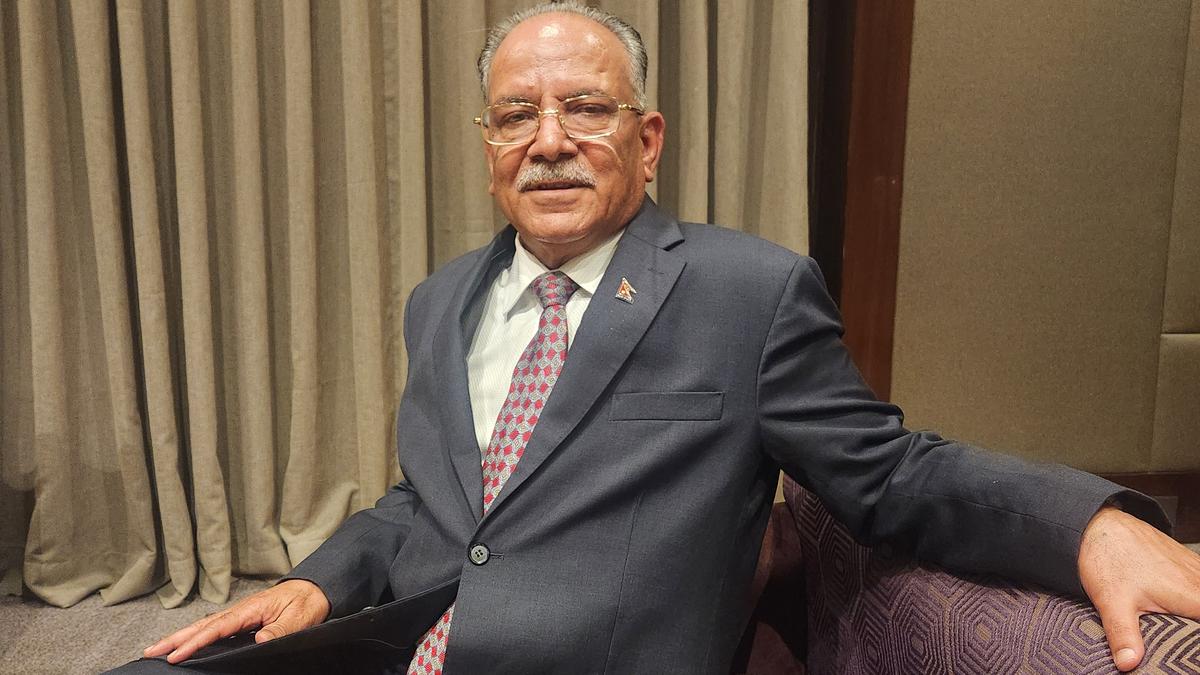The Karnataka election results have brought cheer to many of our liberal friends. But the question remains: Will the change in government help the common people of Karnataka? Let us examine this question more carefully.
According to the Lokniti-CSDS survey of the Karnataka electorate, the top three issues of interest to voters were unemployment (30 per cent), poverty (21 per cent) and lack of development (15 per cent). Education was at 6 per cent and corruption even lower. Thus, material development was the principal concern of voters and not emotive issues such as the politics of religion. But to change these material conditions, we need to understand how we got here in the first place.
One of the key takeaways from the Karnataka polls is that a slew of social engineering measures undertaken by the BJP government in the state on the eve of the elections yielded little or no results, and even boomeranged on the BJP.
The Basavaraj Bommai government had announced a series of changes in reservation quotas for various communities – these included a 2% hike in reservations for Scheduled Castes (SCs), a 4% hike in reservations for Scheduled Tribes (STs), removal of a 4% quota for OBC Muslims under the OBC category and redistribution of 2% each to the dominant Lingayat and Vokkaliga communities.










